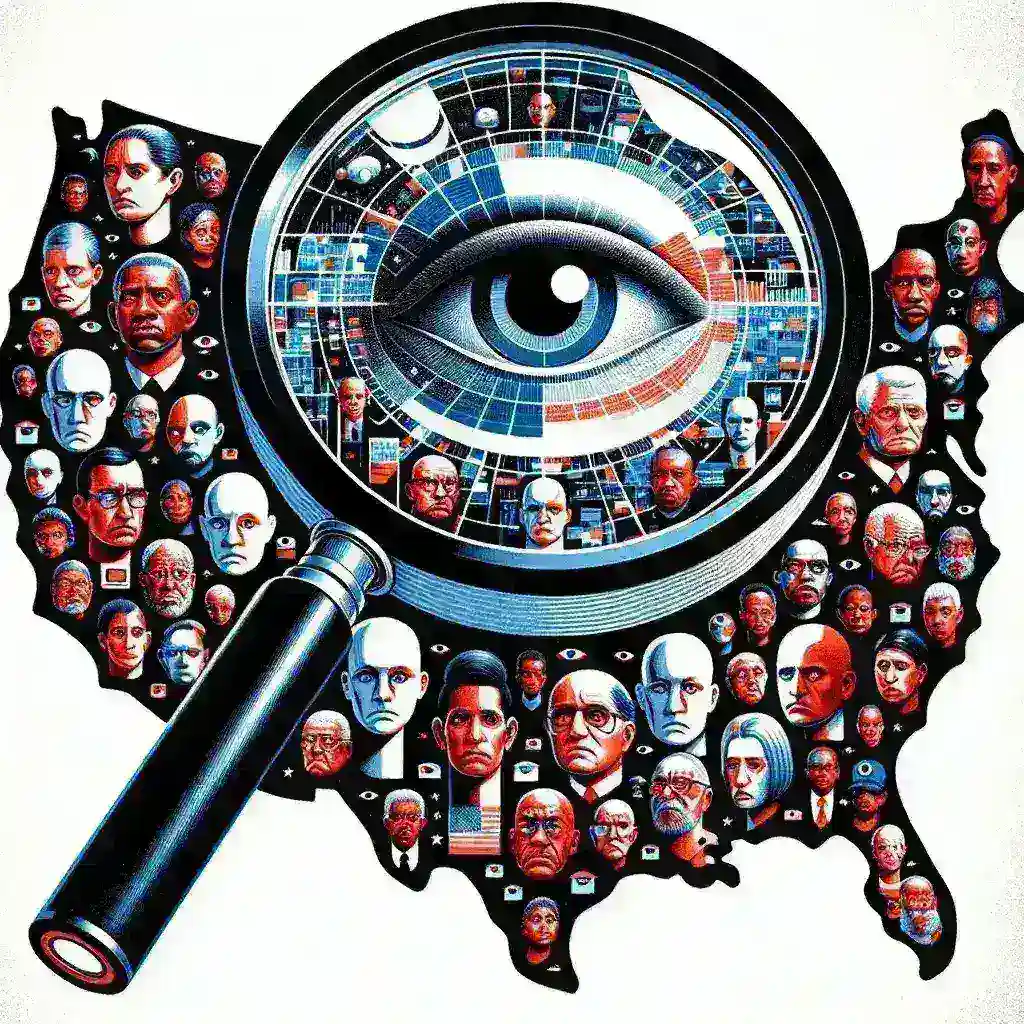Understanding Facial Recognition Technology
Facial recognition technology (FRT) has rapidly evolved over the last decade, offering law enforcement agencies a powerful tool for identifying individuals in public spaces. This technology uses algorithms to analyze facial features and match them against databases, enabling police departments to track suspects effectively. However, the increasing reliance on facial recognition systems has sparked significant debate regarding privacy, civil liberties, and the potential for abuse.
The Backlash Against Facial Recognition
In recent years, U.S. police departments have faced mounting backlash from civil rights groups, tech experts, and concerned citizens over the use of facial recognition software. Critics argue that the technology is often inaccurate, especially for individuals with darker skin tones, and raises serious ethical concerns about mass surveillance.
Public Outcry and Legal Challenges
As awareness of these issues grows, several cities across the country have implemented bans or moratoriums on the use of facial recognition by law enforcement. For example, San Francisco was the first major city to prohibit its use by police in 2019, followed by cities like Boston and Minneapolis. These legal challenges reflect a broader public outcry against surveillance practices that many believe undermine fundamental rights.
Key Concerns Regarding Accuracy
- Bias in Algorithms: Numerous studies have shown that facial recognition algorithms can be biased, particularly against people of color and women. This bias can lead to false identifications and wrongful arrests, further exacerbating existing inequalities in the criminal justice system.
- False Positives and Negatives: The accuracy of facial recognition technology is still a matter of debate. High-profile cases of mistaken identity have raised fears about the reliability of these systems, prompting calls for stricter regulations and oversight.
Ethical Implications of Surveillance
The ethical implications of facial recognition technology extend beyond technical accuracy. The potential for mass surveillance poses significant threats to privacy rights. Critics argue that constant surveillance creates a chilling effect, deterring free speech and freedom of assembly.
The Role of Accountability
Without proper oversight, the deployment of facial recognition can lead to abuse by law enforcement, including disproportionate targeting of marginalized communities. The lack of transparency regarding how data is collected, stored, and used raises questions about accountability and the protection of citizens’ rights.
Public Perception and Expert Opinions
Public perception of facial recognition technology is mixed. While some citizens appreciate the potential benefits of enhanced security and crime prevention, many others express concern over privacy violations. Expert opinions also vary, with some advocating for the responsible use of technology and others calling for an outright ban.
Statistics on Public Opinion
According to a recent survey, nearly 60% of Americans express concern about the use of facial recognition by police, emphasizing the need for a balanced approach that prioritizes civil liberties.
The Future of Facial Recognition in Law Enforcement
As technology continues to evolve, so too will the debates surrounding its use. The future of facial recognition in law enforcement may depend on the development of clearer regulations and standards that address concerns about accuracy, bias, and privacy.
Potential Innovations and Solutions
- Enhanced Accuracy: Ongoing research aims to improve the accuracy of facial recognition systems, particularly for underrepresented demographics, which could mitigate some of the current concerns.
- Regulatory Frameworks: Policymakers are beginning to draft regulations that govern the use of facial recognition technology, focusing on transparency, accountability, and the protection of civil liberties.
Conclusion: Navigating the Debate
The debate over facial recognition surveillance tools is far from over. As U.S. police departments grapple with the backlash and public concern, the challenge lies in finding a balance between utilizing innovative technology for public safety and upholding the rights of individuals. Policymakers, law enforcement agencies, and citizens must engage in meaningful dialogue to establish a framework that respects privacy while addressing the legitimate needs for security.

Leave a Reply